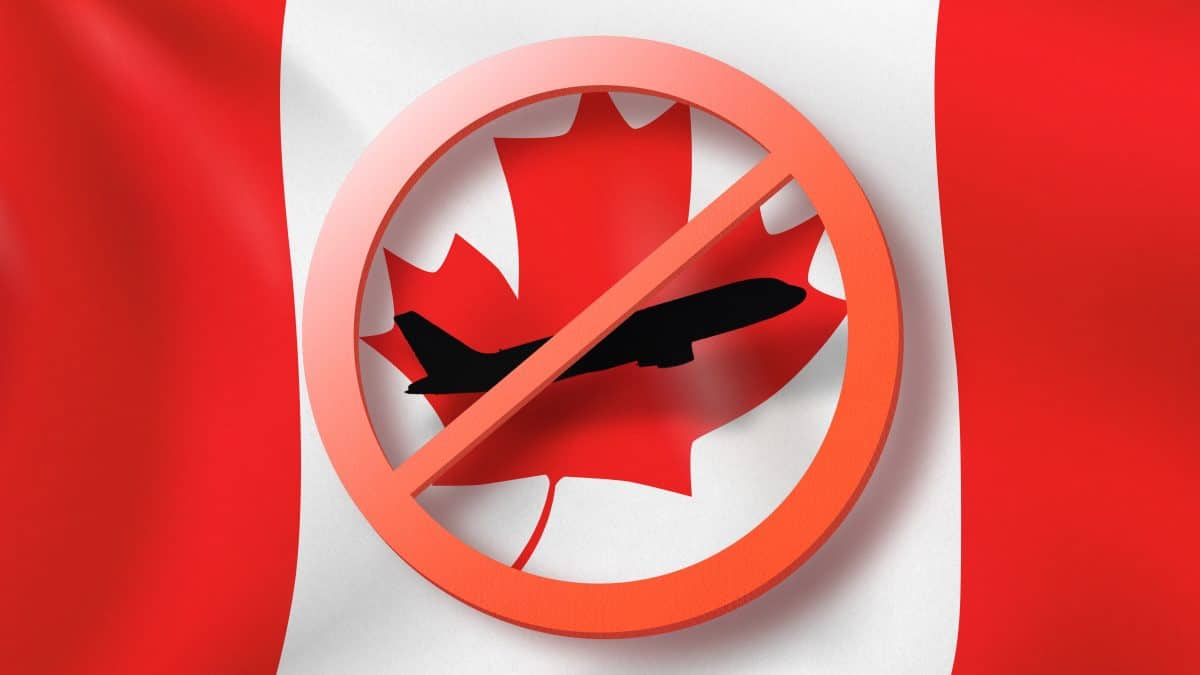
Quebec Health Care Industry To Employ 1,500 Asylum Seekers
The employment minister of Quebec, Kateri Champagne Jourdain, wants to recruit around 1,500 asylum seekers to work in the province’s healthcare industry over the next

The employment minister of Quebec, Kateri Champagne Jourdain, wants to recruit around 1,500 asylum seekers to work in the province’s healthcare industry over the next

Canada is witnessing a sudden rise in the number of asylum claimants at domestic airports after Ottawa eased certain requirements for thousands of visitor visa

Several international students from China are expressing apprehension about their Canada study permit applications being stuck in prolonged security screenings. This has caused students to

Five Canadian provinces – Ontario, Quebec, New Brunswick, Alberta and Saskatchewan – are reportedly saying they will keep detaining migrants in their provincial jails under

Nova Scotia is ending its deal with the Canada Border Services Agency (CBSA) to house detainees under the country’s Immigration and Refugee Protection Act (IRPA)

Canada has extended international travel restrictions in place due to coronavirus until January 21, 2021, while also introducing a mechanism to allow international amateur athletes

Canada has extended international travel restrictions in place to prevent the spread of coronavirus by another month, to October 31, 2020. The decision was made

Canada has moved to extend international travel restrictions in place due to the coronavirus pandemic. The decision to extend the restrictions until September 30 was

Canada is set to extend travel restrictions on most foreign travellers for another month, to the end of August. The federal government has issued an

Immigration, Refugees and Citizenship Canada (IRCC) will increase fees for all permanent residence applications in Canada, including economic, permit holder, family and humanitarian classes as

Immigration programs that seek to attract highly skilled and highly educated foreign nationals to Canada have been so successful that racialized women now hold more

A petition to increase the duration of the Post-Graduation Work Permit (PGWP) has been filed in the Canadian House of Commons. The petition, e4454 for

Are you a candidate with skills and qualifications in one of Canada’s 82 jobs for occupation-specific Express Entry draws? We want to help you move to Canada. Please submit

Ford’s government wants to reserve close to all of Ontario’s available international student spots for pubic colleges and universities, which will alienate private career colleges.

Immigration Minister Marc Miller says there will be more Express Entry draws in the coming year for foreign nationals already in Canada as temporary residents.